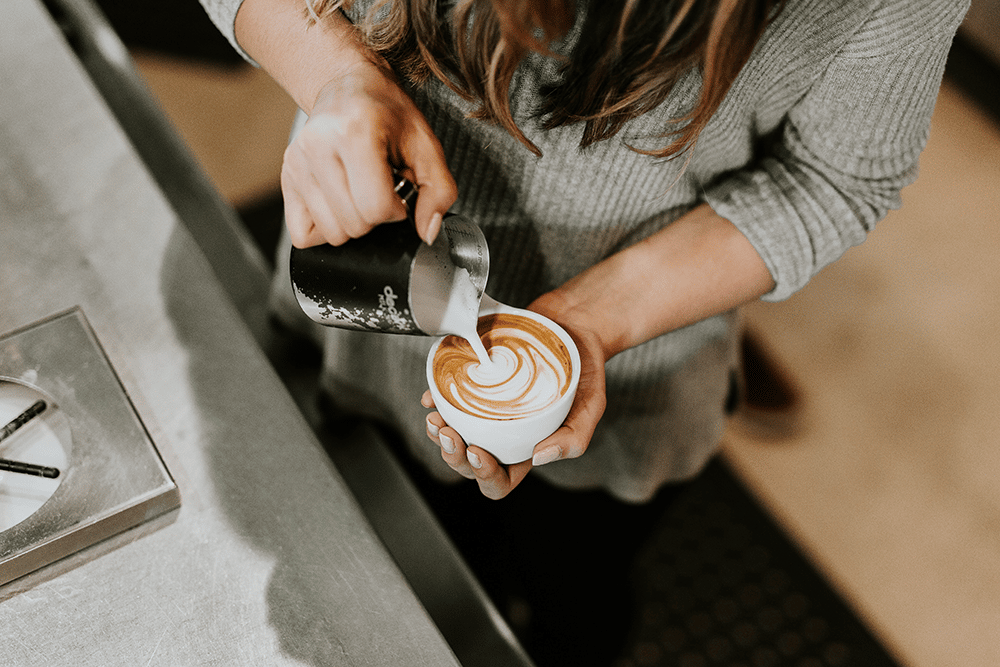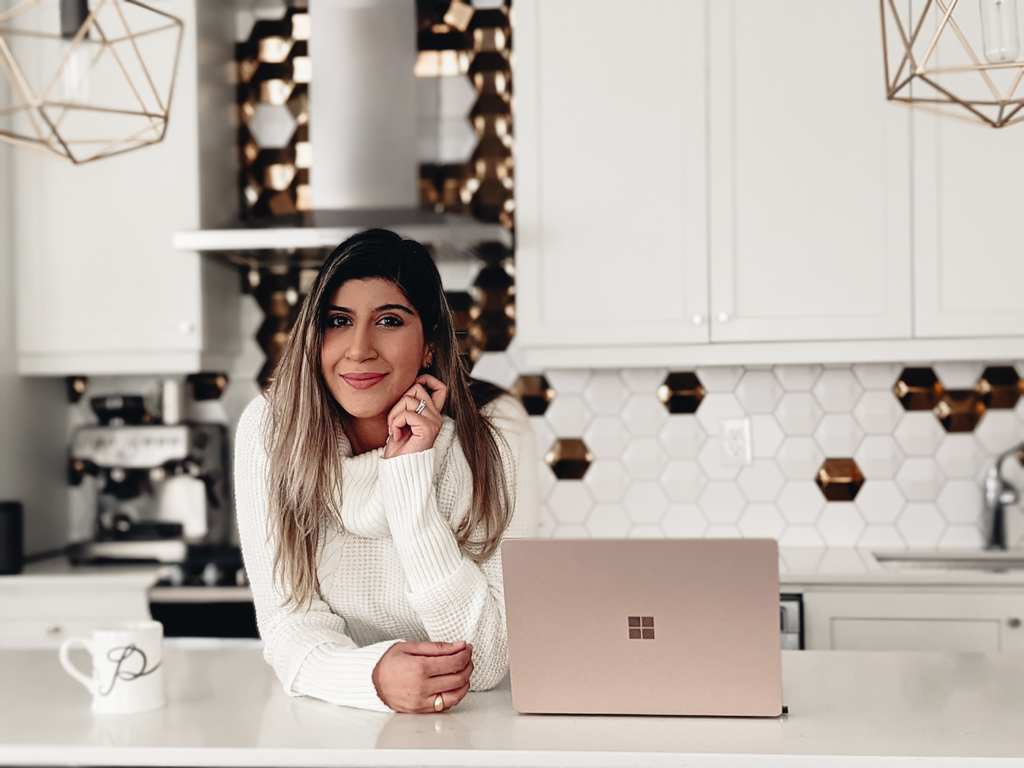Modern life is designed to push our buttons and trigger anxiety. Throw a global pandemic and lockdowns into the mix, and a global mental health crisis becomes a disaster. Managing anxiety and keeping a handle on negative emotions is more important now than it’s ever been. And while we may have adapted our lifestyles to the “new normal” global mental health continues to be on the decline. Here are 5 simple but effective strategies, to help you cope with anxiety or depression during a global pandemic.
1. Maintain a consistent sleep schedule and get enough of it
We all know that a good night’s rest is one of the best things we can do for our bodies. Although you don’t hear it tick, your body has an internal clock called the circadian rhythm. From an evolutionary standpoint, light is the body’s cue to regulating its circadian rhythm. We are wired to sleep when it’s dark and be awake during the day. When our circadian rhythm is out of sync, for example when we travel across time zones, the body needs time to reset to a new schedule which leads to jet lag. An inconsistent sleep schedule throws our body clocks out of whack and leads to a myriad of unpleasant affects, including poor concentration, depression, anxiety, and weight gain due to an increase in the body’s stress hormone, cortisol. A consistent sleep schedule is a simple way to help alleviate depression and anxiety.
While consistent sleep is important, we also need enough of it. When we don’t get enough sleep, our bodies go into “fight or flight” mode that impact the immune system. Compromised immunity is dangerous at the best of times, but more so in a global pandemic when physical health is at stake. Sleep follows the 80/20 rule. 80% of our recovery happens during 20% of the time we are asleep. That’s why we need to spend enough hours asleep so that our body can fully recover from the use and abuse of the day before.
Now is a time when our lives and schedules have been thrown into chaos, but we need to stay as healthy as possible. A lack of sleep or an inconsistent sleep schedule delivers a double whammy of pain. In a nutshell, go back to first principles with a consistent bedtime schedule and try and squeeze in those eight hours every night.
2. Stick to a routine
Covid-19 has dislodged us all from the joys and thrills of our daily routines that involved daily commutes, work hours and errands (I say this with sarcasm). The good news is that, if you’re working from home, you have more time to re-watch Lost (and still have no clue about what’s going on), workout or catch-up on passion projects. The bad news is that sometimes, without structure we find ourselves with too much time on our hands and not enough to channel it towards.
Sticking to a routine is one of the few ways we can retain normalcy in the new normal. Our bodies and minds love routine and predictability. We function at our best when we eat, sleep, rise, workout, work and indulge in hobbies at the same time on the same days. So, while it is tempting to stay in your pajamas, even on days when you don’t have zoom calls, treat it like a regular workday. Do the same things at the same time in the same order and notice a difference in how accomplished you feel at the end of the day.
3. Ditch willpower and focus on how you feel
We are raised with the belief that willpower is the key to success. And the more willpower and discipline we have the better we are as people. Willpower and morality are inextricably linked. Except most of us suck at willpower and generally tend to follow our feelings.
Have you ever wondered why working out is so easy for some people? They seem to love going to the gym and getting in a sweaty workout. On the other hand, even the thought of the gym makes some of us want to curl into a little ball of self-loathing on our couch. The more we avoid the gym because we don’t enjoy it, the more we feel bad about our lack of self-discipline and the more we perpetuate a vicious cycle of self-loathing. Except, the gym lovers among us aren’t necessarily people with more willpower. They just like the gym. It makes them feel good.
When we focus on what makes us feel good, we follow through on our plans and accomplish our goals. The key is to focus on the things that make us feel good consistently. Eating a pint of Ben & Jerry’s in front of the TV feels good…briefly. Then we feel awful and guilty and flog ourselves mentally for making unhealthy choices. The key is to opt for choices that make us feel good for longer and more consistently. Focusing on how you feel and what makes you feel good, cultivating feel good habits can help during times of uncertainty and help you tackle bigger goals. It’s a win-win.
4. When in doubt, write about it
We all have weird thoughts, fears, and deep-rooted anxieties. These thoughts need to be expressed and shifted from anxious and ruminating, to empowered and actionable. Journaling has long been recommended as a highly actionable form of tackling anxious or depressive thoughts. Our brains do not have limitless capacity. Thoughts and feelings need to be expressed and writing is an incredible tool to do that. It gives us an outlet to work through our emotions and find the hidden gems that we can use to take steps towards our goals. It helps us examine negative or toxic emotions and is a great way to reflect on things we aren’t comfortable sharing with others.
Cambridge University Press, shared a 2018 research study in which a group of people were asked to write about their feelings 15-20 minutes every day. The study found that those who weren’t shy about expressing their emotions while writing expressed better mental and physical health indexes, than those who wrote on neutral topics. The great thing about journaling is that it is private. No one needs to read what we write about, so it’s a safe space to exercise that mind muscle and let it out. The bottom line is that writing is cathartic which makes it an effective strategy for coping with anxiety.
5. Break up with your phone
Have you ever had a day where you misplaced your phone, or it died, and you forgot to plug it in? What was that day like? Did you get more done? Have more meaningful conversations? Start that book that’s been on your nightstand for six months? If you have ever gone a day without your phone, you’ll know the extremely therapeutic benefits to being disconnected from the world for a little bit. Unfortunately, most of us are addicted to our phones. It’s the first thing we look at in the morning, before we even wish our partner a good morning and the last thing we see before bed. And it’s killing us.
Our phones are not simply a contributor to FOMO, they are the portals through which we receive bad news. And there has been a lot of bad news lately. A break from our phones every few days isn’t just a recommendation; it is necessary if we are to effectively manage the anxiety of living through an incredibly unstable and uncertain time. If you struggle to stay away from your phone, try reading health journalist, Catherine Price’s How To Break Up With Your Phone. Not only is it packed with startling insights into the toll phones take on mental and physical health, it is a manual for a 30-day reset to put you on a path to moderation.
If your phone is the medium through which you get your news, stay connected to friends and family, prepare your food, and even travel, there might be a problem. And like every relationship, once it starts to control of your life, it’s time to take some space.
If this year is taking a toll on you, you’re not alone. Millions of people have been impacted by Covid-19. Isolation, fear of getting sick, lack of motivation, lack of productivity and general malaise about the state of the world are just some of the contributors to anxiety at this trying time. And while Covid-19 is here to stay, and things are slowly opening back up and economies are slowly kicking into gear, mental health continues to decline. So if you’re struggling trying some of these techniques may not solve your problems, but they may make things a little more manageable.






